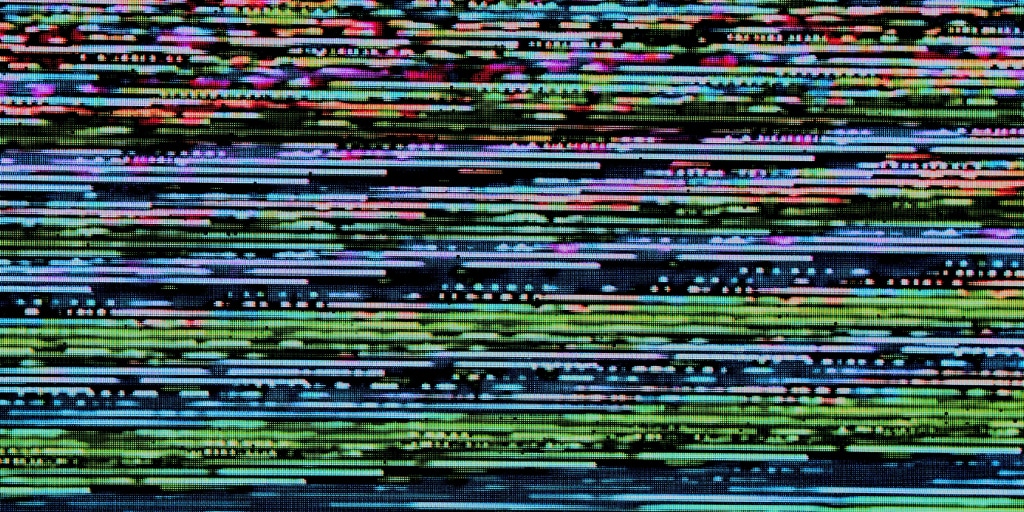We, the undersigned organizations, are alarmed by the further expansion of government control over online content through the draconian Information Technology (Intermediary Guidelines and Digital Media Ethics Code) Amendment Rules, 2023 (The IT Rules, 2023), which amend the already problematic IT Rules of 2021.
On 6 April 2023, the Ministry of Electronics and Information Technology (MeitY) notified the amendment authorizing a “fact check unit of the central government” to identify online content “in respect of any business of the Central Government” as “fake or false or misleading.” Online intermediaries, including social media companies and internet service providers, will be required to take down any such content. If intermediaries fail to remove such content, they risk losing their safe harbor protections, and may be held liable in a court proceeding for any third-party information hosted on their platform. The rules were notified without adequate and meaningful consultation with journalists, press bodies, and civil society organizations.
The IT Rules, 2023, grant the government arbitrary, overbroad, and unchecked censorship powers that threaten the rights to freedom of expression and opinion enshrined in the Indian Constitution and under international human rights law. This includes the right to freely seek, receive, and impart information. The rules severely threaten press freedoms and the ability of journalists, writers, activists, civil society organizations, human rights defenders, artists, politicians, and others, to speak freely online. In the guise of combatting online misinformation and disinformation, the Indian government has given itself the power to decide which information posted online is fake, false or misleading – terms that are inherently subjective and lack a clear legal definition. In effect, the government empowers itself to be the sole arbiter of truth on the internet.
International human rights law requires that any restrictions on the freedom of expression and opinion have a legitimate aim, and are provided by law, and are, necessary and proportionate. It is clear that The IT Rules, 2023 stifle dissent, using vague terms that run afoul of the requirement that laws be formulated with clarity. While the human rights impacts of online misinformation or disinformation are significant, international human rights standards are clear that general prohibitions on the dissemination of information based on the fact that they may be “false news,” cannot be permissible grounds to restrict content. The IT Rules, 2023 do not meet these tests of legitimate aim, legality, necessity and proportionality, and run contrary to India’s obligations under international human rights law.
The IT Rules of 2021 have been widely criticized for their detrimental effect on free speech, media freedoms, and lack of accountability from the government. The most recent amendment only serves to exacerbate these concerns. These Rules are facing several legal challenges before Indian courts, and certain provisions have been stayed because, as the Madras High Court observed, the “oversight mechanism to control the media by the Government may rob the media of its independence and the fourth pillar of democracy may not at all be there.” The rules, which regulate intermediaries like social media companies and news publishers, are heavy-handed tactics of digital repression aimed at entirely controlling online content and digital news in India. The rules are already leading to reports of overbroad censorship of content online.
These rules have come into force at a time when press freedoms, and the safety and security of journalists, are under serious attack in India. Journalists face harassment, intimidation, smear campaigns, censorship, attacks, and imprisonment under draconian laws. Media houses have faced raids and ‘surveys’ by central financial agencies which have been weaponized to clamp down on independent media and civil society. The raids at the offices of the BBC and the subsequent probe launched against the media house is the latest example and comes after the BBC released ‘India: The Modi Question’, a two-part documentary critical of the Indian Prime Minister. Financial and investigative agencies have previously raided offices of news organizations NewsLaundry, The Quint, Greater Kashmir, among others.
Further, surveillance of journalists and activists continues with impunity. Those targeted with spyware await accountability for past violations. In 2021, following revelations by Amnesty International in the Pegasus Project about the spyware produced by the Israeli company NSO, the Supreme Court of India set up a technical committee to investigate abuses involving the software. In 2022, the committee concluded their investigation, but the court has not made the findings of the report public. The court further noted that the Indian authorities “did not cooperate” with the technical committee’s investigations.
In this atmosphere of increasing repression and impunity, the IT Rules, with the recent amendment, will undoubtedly have a chilling effect on civil society, and seriously stifle journalistic freedoms. The rules can be used to stifle any and all legitimate criticism of the Indian government and its policies.
On World Press Freedom Day, 2023, we urge Indian authorities to:
- Immediately withdraw the Information Technology (Intermediary Guidelines and Digital Media Ethics Code) Amendment Rules, 2023. (The IT Rules, 2023)
- Review and withdraw overbroad provisions of the Intermediary Guidelines and Digital Media Ethics Code) Amendment Rules, 2021 that confer excessive powers on the government and lead to unchecked censorship
- Meaningfully commit to protecting media freedoms and ensure that journalists are able to do their work freely and without the fear of persecution
- Ensure that any laws or regulations relating to online content governance are developed in consultation with all stakeholders, including civil society and journalists, and while prioritising the fundamental right to freedom of expression
Signed By:
Access Now
Amnesty International
Asian Forum for Human Rights and Development (FORUM-ASIA)
Center for Democracy & Technology
Centre for Law and Democracy
Committee To Protect Journalists (CPJ)
Digital Rights Kashmir
Front Line Defenders
Global Witness
Human Rights Watch
Index on Censorship
India Civil Watch International
International Federation for Human Rights (FIDH)
International Service for Human Rights (ISHR)
International Press Institute (IPI)
Internet Freedom Foundation (IFF)
Reporters Without Borders (RSF)
